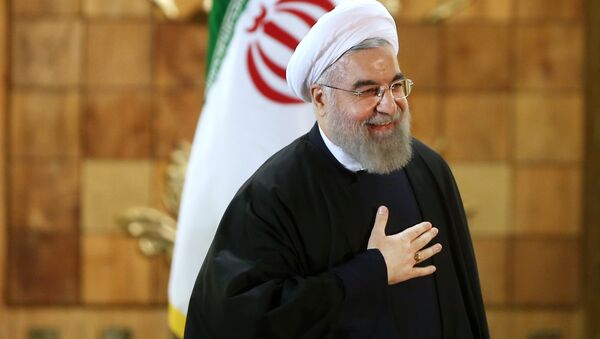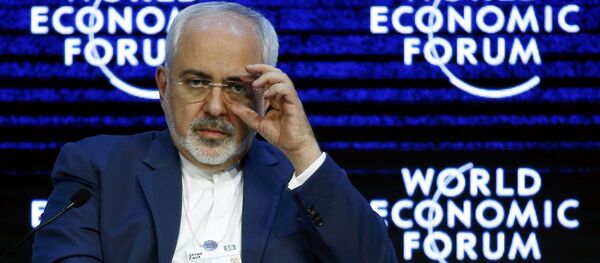"Our principal enemy is Iran, after I heard people here say here other things. In Syria, if the choice is between Iran and [Daesh], I choose [Daesh]," the minister said Tuesday in his speech at the Institute for National Security Studies' conference in Tel Aviv.
Comparing Iran to a terrorist organization which poses a threat to the entire world is strictly unacceptable, Emad Abshenass, Editor-in-Chief of the newspaper Iran Press, told Sputnik Persian.
Iran has already proved to the international community that despite the fact it is situated in the conflict-torn Middle East it is pursuing only peaceful goals in its policy.
"Over the past 20-30 years, Israel has adopted a stance that chaos, conflicts and civil wars are needed for its existence, stability and security. There have been evidence that Israel is supporting terrorist groups, including Daesh to achieve the goals," Abshenass claimed.
According to the analyst, investigations proved that terrorists fighting in Syria underwent treatment and rehabilitation in Israel, and then came back to the frontline to fight against the Syrian Army.
What is more, recently Israel has been conducting an intensified propaganda campaign against Iran in a bid to persuade countries like the US or European nations to supply it for free with modern weapons for "self-defense", and provide funds for other military needs.
Israel was displeased over the final nuclear agreement between Tehran and the West, Abshenass said. The deal confirmed that the Iranian nuclear program is peaceful. In the current situation, the policy of Iranophobia has ended in a fiasco and Israel can no longer receive preferences it had before.
On the other hand, after the nuclear deal was signed the West has changed its stance toward Iran, Abshenass noted. For instance, German Foreign Minister Frank-Walter Steinmeier underscored Iranian efforts in maintaining security in the Middle East, calling Tehran the "key to regional stability."
This means the level of West’s confidence to Iran has significantly grown even though the West is not yet ready to call Iran its ally.
"It would not be correct to say the West now takes Iran as an ally or friend. This would take time. It requires some ground to be prepared. Iran has already done a great job on the issue. Thanks to its diplomatic efforts, the world has seen that Tehran is interested in peace and stability in the region," the journalist said.
"Now, world leaders can see the difference between Iran and Iraq or between the Iranian religious ideology and Wahhabism of Saudi Arabia. They clearly see which ideology is a threat to the region and the world and which aims for stability. Today, West’s perception of Iran is changing. And West’s policy toward Iran is getting more logical and rational," he explained.
Despite the fact it is premature to call Iran an ally of the West, Western countries see Iran as a reliable trade and economic partner in the Middle East which would contribute to stability and peace in the region, Abshenass concluded.






